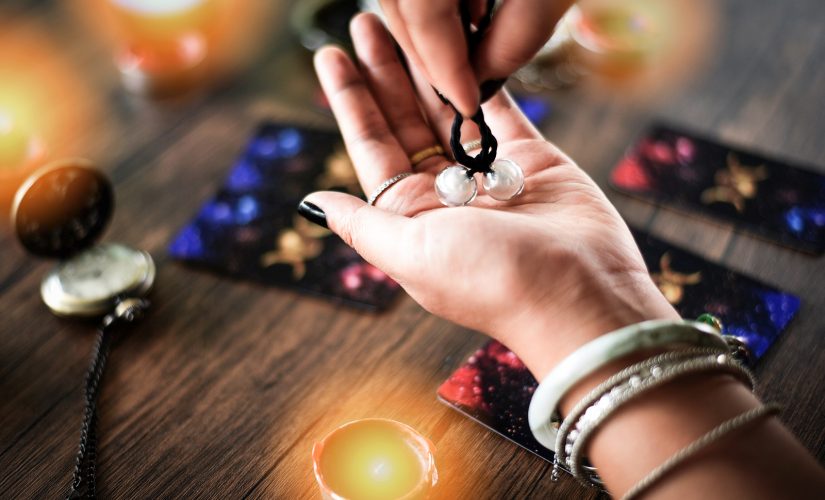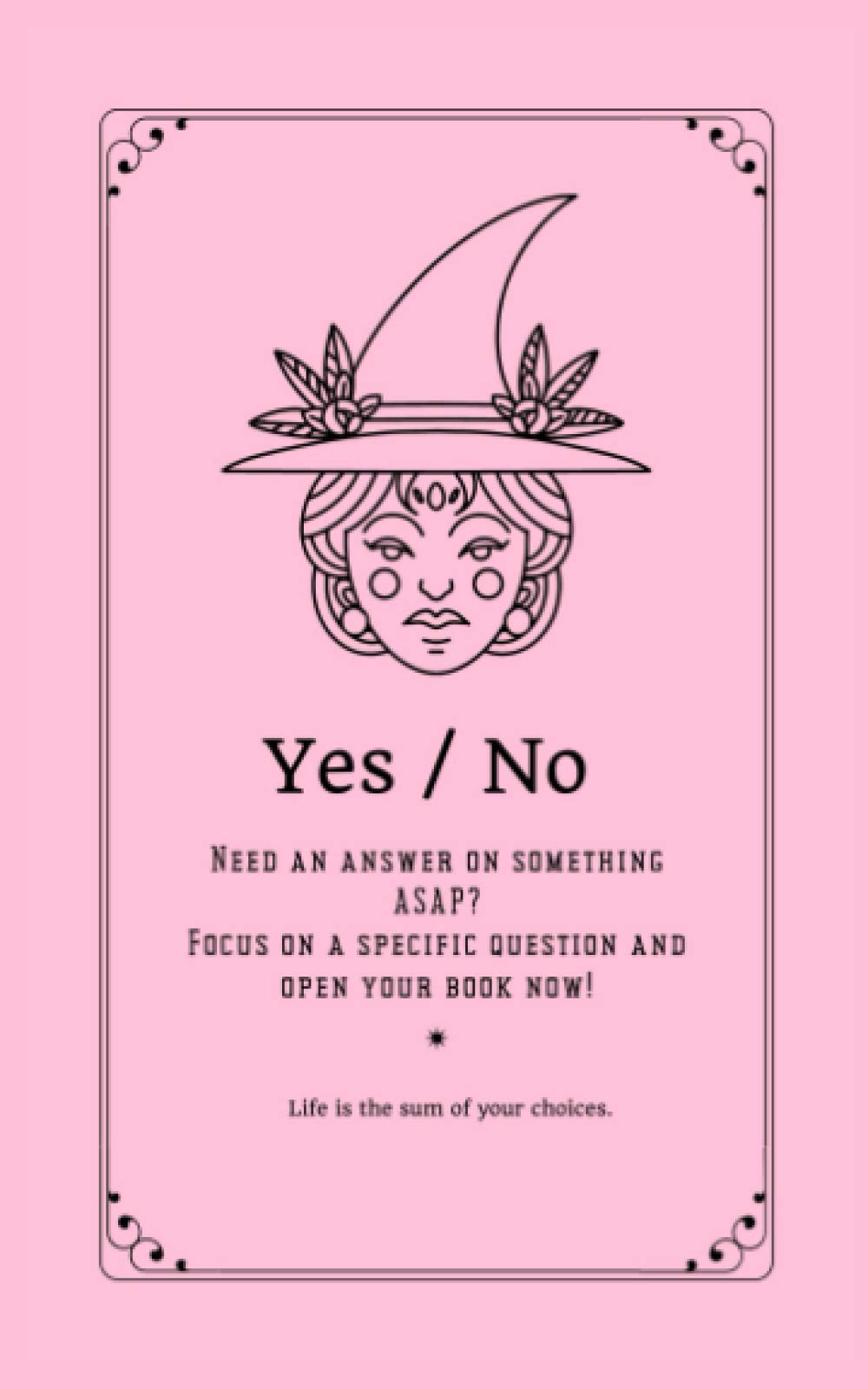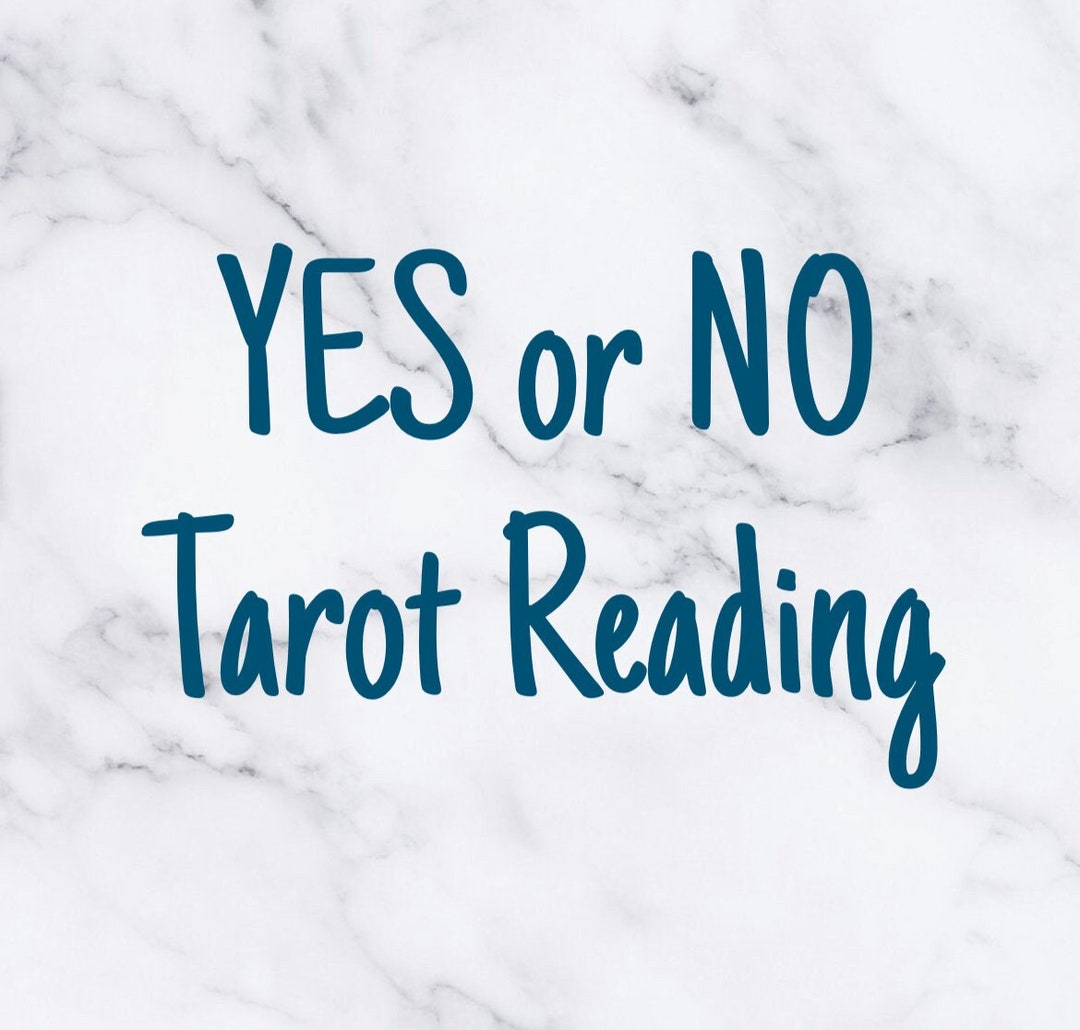
Lenormand cards can be interpreted objectively as opposed to Tarot cards which can often be interpreted intuitively. This is because they are more objective than Tarot cards and offer more precise answers. Lenormand Cards offer simple answers, rather than lengthy tales. This makes them easier to read.
The Lenormand deck has 36 cards. Each card has a unique meaning. These cards can be used to predict various events and answer questions about your career, relationships or major life decisions. Lenormands are used in Central Europe and the Balkans for divination. They also have connections with numerology as well as astrology. Lenormand cards can still be found in these countries.
Lenormand cards are also known as petit jeu. French for "little games", this name refers to Lenormand cards. This name is French for "little game" and it's based on Marie Anne Lenormand (a French fortune-teller), who was reportedly advising leaders during the French Revolution. Lenormand was also mentioned on numerous cartomancy decks. Lenormand cards can be found all over the globe today. These cards were first created in France and are still used to divinate. Through emigrants, however, the cards have spread to other parts of Europe and Africa.

The first card is called the noun, and the second card modifies the noun. The Woman card, for example, symbolizes action. The Woman card represents your partner. The Woman card can also signify a particular situation. A child representing the Woman card could be a sign that you are arguing or threatening your partner. It could also signify that you are foolish.
Another card, the Sun, represents warmth as well as vitality. It can also indicate progress towards a desired goal. It is associated also with success, love, happiness and success. It is also a positive symbol and used to signal the presence of an individual/group. It is also closely related to Hierophant.
The Moon is the third card. It represents imagination, creativity, intuition, and subconsciousness. It is also a negative symbol and speaks about an individual's emotions.
The House card is the fourth and final card. It stands for home, safety privacy, traditions, and security. It can represent homes, hotels, or any type of establishment and is closely associated with the Hierophant. The fourth card also represents the Hierophant, and can be used in a spiritual context.

The Snake is the fifth card and represents education, desire, rebirth and craving. It is also associated medicine and temptation. The sixth card, called the Stars is associated with spirituality, faith, and progress towards a goal. It can be positive or negative, and it is often associated with sexuality.
The Lily is the seventh card and represents wisdom and spirituality. It can also be positive. The last card is called the Key, and it symbolizes freedom, openness, and liberty.
The Lenormand Cards are based upon a romantic language and follow a specific syntax. This makes them much easier to read and more intuitive to understand. They can be read as sentences and not images.
FAQ
What are competitive hobbies?
Competitive sports include running, swimming, cycling, golfing, tennis, etc.
They're usually played by people who enjoy physical activity but also provide an opportunity for social interaction.
You'll likely find others who are interested in your hobby if it involves physical activity.
This could be as simple as joining a sports club where you play regularly together.
You may also want to play in a team game, where you are playing with others.
These include: football (soccer), soccer, cricket, netball.
There are many types competition.
Some competitions can be used for only recreational purposes.
Others are designed for competitors to prove their skill.
Some are even designed to reward outstanding performance.
These cases result in prizes for the winners.
Other competitions test strength and endurance.
These are called endurance events.
For example, marathon races, triathlons, Ironman Triathlon, etc.
Before competing in these events, athletes train hard.
They will follow a strict training program to prepare themselves mentally and physically.
They might also need to be away from their homes during preparation.
It's important to remember that not all athletes compete in every type of event.
Where can I find resources for learning more about hobbies?
There are tons of websites devoted to helping people discover new hobbies.
Here are some of the favorites:
www.trythisathome.com - This site provides a list of over 100 different hobbies. It also offers information on how each one can be started.
www.hobbyfinders.org offers a huge database with thousands of activities. You can search for your interests, skills, location, and many other criteria.
www.indiebazaar.co.uk - IndieBazaar is an online marketplace designed specifically for independent artists and musicians. The site features hundreds of products ranging from artwork to music gear.
www.pinterest.com/explore/hobbies - Pinterest is a social media network that lets users "pin" images they find interesting onto their boards. Boards let users organize what they like into particular categories.
www.reddit.com/r/Hobbies: Reddit, another social media platform, allows users to post links to articles and videos. Voting is available for users to choose the most valuable posts.
What are some great hobbies?
Your favorite hobbies are ones you enjoy. You'll be more motivated to do what you love. This will give you a reason for not feeling well, or tired.
We all have hobbies that we love and know. These include painting, crafting, photography, cooking and sports.
Volunteering could be a great option.
Suppose you're looking for something more adventurous. Try scuba diving, rock climbing or parasailing.
There are many unique ways to spend time in the outdoors, whether you're looking for adventure or a more traditional way to do it. You can go cliff diving, cave tubing or snowshoe hiking, snowshoeing or snowkiting.
What are some good hobbies?
Hobby Ideas for People who Love to Learn and Teach Others.
Hobbies are a great way for you to do what you love and also learn something new.
While there are many types of hobbies available, most share the same characteristics. They're usually fun activities that require little effort and cost money.
These also involve helping others.
Although you might not consider yourself a teacher, there are likely things you can do to help others learn.
If you're looking for more creativity in your life, think about starting a hobby so you can share your talents with others.
Statistics
- The intensity of the dialogue partners' bond at the end of the forty-five-minute vulnerability interaction was rated as closer than the closest relationship in the lives of 30 percent of similar students. (time.com)
- 37% Video Games 36% Travel 36% Health and Fitness (quizexpo.com)
- Almost 80% of people claim to have no hobby. (hobbylark.com)
- The Role of the Mind in Sex, Dating, and Love: Men in the “humor” condition received phone numbers from 42.9% of the female participants and were refused 57.1% of the time. (time.com)
- I am 100% biologically a woman (discover.hubpages.com)
External Links
How To
How to Get Started in Baking
Baking is the art of making food out of flour, eggs sugar, butter and other ingredients. Baking relies on flour, fats/sugars, leavening ingredients, salt and water. In this article, we will discuss how to make bread. Common ingredients include wheat flour, yeast powder, egg whites and butter. We also use honey, salt, honey and olive oil.
To bake bread, you need to mix these ingredients together. First, add the dry ingredients, flour, yeast, and salt to your mixing bowl. Then, add the dry ingredients (flour, yeast, salt) to your mixing bowl. Mix them together. The honey should be added to the dough. Knead the dough until it is smooth. Allow the dough to rise for about 30 minutes. After rising, the dough should feel light and soft. Roll the dough out and place it on a baking tray. Bake at 180C for 15 min.